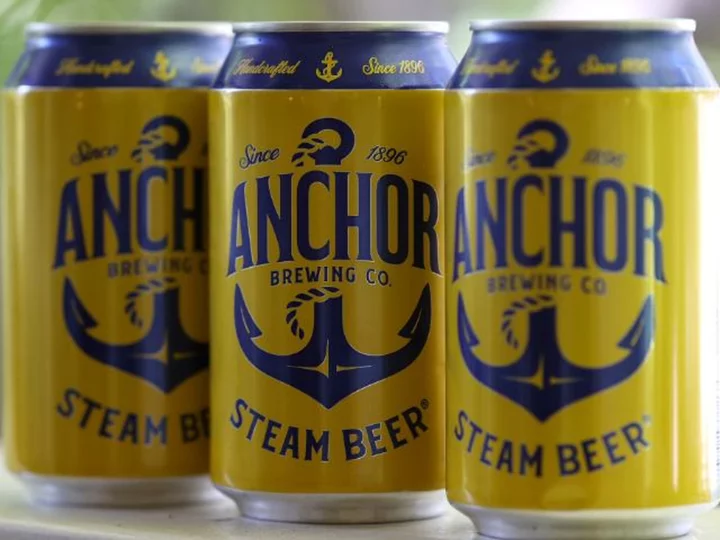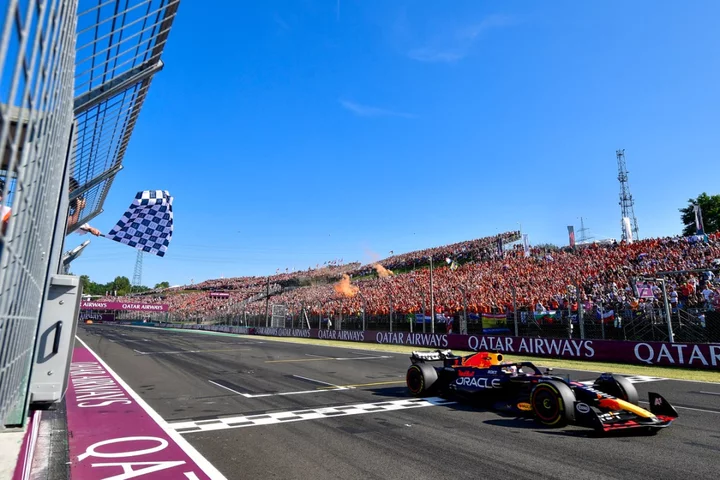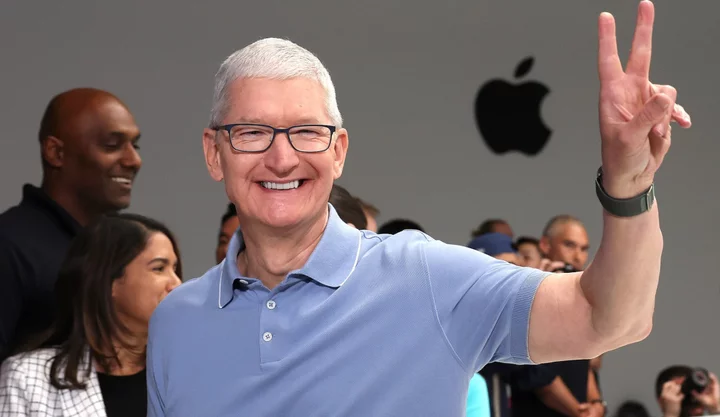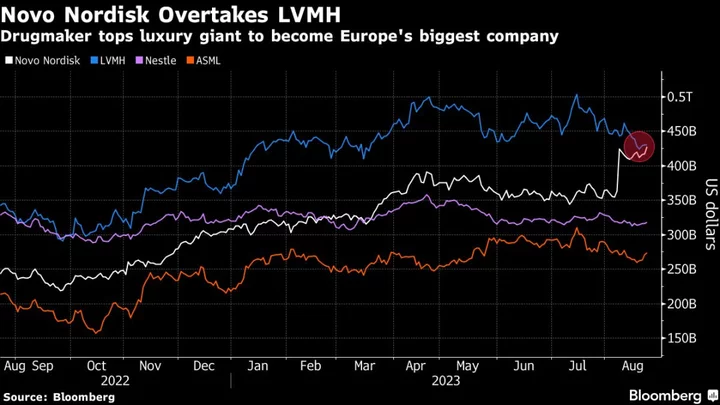Anchor Brewing, which has been America's oldest craft brewer with 127 years in business, closed its taprooms for good on Sunday. But there's a chance the brand could live on.
Loyal fans seeking one last pint formed a line outside the San Francisco-based brewery on Sunday that stretched several city blocks, to the point that Anchor had to turn people away, according to CNN affiliate KPIX-TV. One fan told the station that "it's a shame that something like this is going away," expressing hopes that Anchor could be saved during the liquidation process that begins in August.
There's hope that could happen: Roughly two dozen different investors as well as a group of Anchor's employees have "expressed interest in buying all or parts of Anchor Brewing," company spokesman Sam Singer told CNN.
A few weeks ago, Anchor's parent company Sapporo USA shocked the industry and fans with the news that it was closing the brewery because of a "combination of challenging economic factors and declining sales since 2016." The brewery's assets, including its taprooms and recipes, are being turned over to liquidators this week for a possible auction.
Singer added that the company "remains hopeful that an investor/investor group will keep the company going for future generations. Anchor is deeply grateful to its employees and its fans for their outpouring of support and love during this difficult time."
The brewery employee group, represented by Warehouse Union Local 6 ILWU, wants to buy Anchor and run it as a worker co-op. "We are not asking for a handout or charity," the employees said in a letter to Sapporo that was obtained by CNN. "All we want is a fair shot at being able to continue to do our jobs, make the beer we love, and keep this historic institution open. We do not want the brewery and brand we love to be sold off before we even had a chance."
An online petition the union started claims that Sapporo wasn't giving them the "financial information that had been provided to other prospective buyers," adding that they've hired two law firms to help them craft a bid to purchase Anchor.
However, Anchor said that it's "being fair and equal in its treatment of all parties" that are interested in purchasing the brand, adding that all can join the bidding once it begins the liquidation process.
"Anchor remains hopeful that of the many bidders who have expressed interest in buying all or some of Anchor's assets that one of them will keep the company going for future generations," Singer said.
Anchor's away
"This was an extremely difficult decision that Anchor reached only after many months of careful evaluation," Singer said earlier this month after Sapporo's announcement. He added that the "impacts of the pandemic, inflation, especially in San Francisco, and a highly competitive market left the company with no option but to make this sad decision to cease operations."
Employees have alleged that Sapporo, which bought Anchor in 2017, mismanaged the brand and that the Japanese company lacked an understanding of craft beer in the United States. Some also blamed a 2021 revamp of Anchor's packaging for pivoting too far away from the brand's classic look.
In June Anchor cut national distribution, limiting its sales to just California, and announced it was ending production of its fan-favorite Christmas Ale after nearly 50 years.
Anchor got its start in 1896 in San Francisco, becoming the nation's first-ever craft brewery. Fritz Maytag, a descendent of the founders of the Maytag Corporation, bought Anchor in 1965 when it was on the verge of bankruptcy and helped usher in the craft beer industry in the United States. Its most notable brew was Steam Beer, a pale ale.
Under Sapporo's ownership, production of Anchor's beer declined every year except in 2021, according to the Brewers Association. Brewbound, a beer industry website, previously reported that Sapporo's recent purchase of craft brewer Stone Brewing sparked concerns among Anchor's employees of how their brewery fit into plans.
Craft brewers, in particular, have been struggling for a variety of reasons including changing consumer habits, rising costs and lingering supply-chain challenges.
The state of craft breweries hasn't improved this year. NIQ data given to Craft Business Daily showed the category's sales are down nearly 4% year to date and volume is down more than 7%, showing that "craft has had a tough start to 2023," the publication said.









